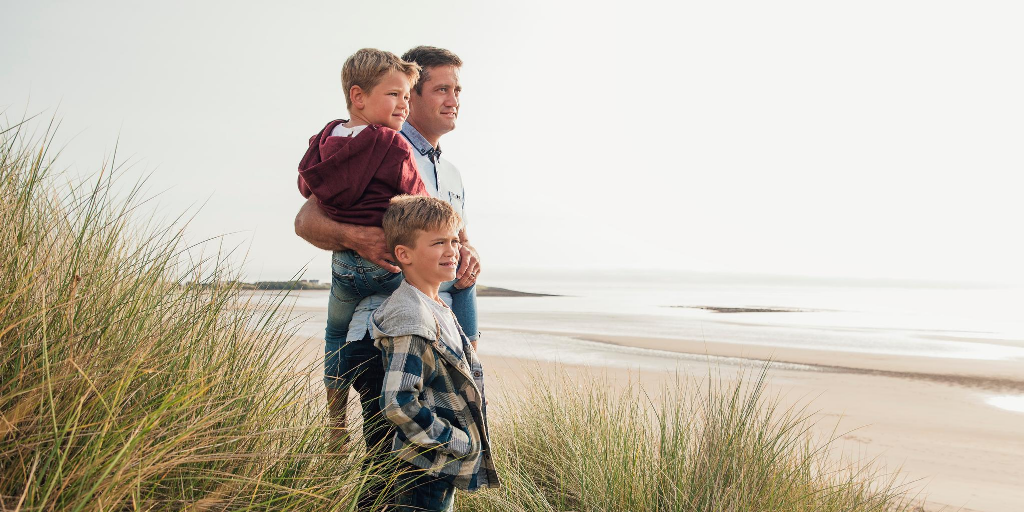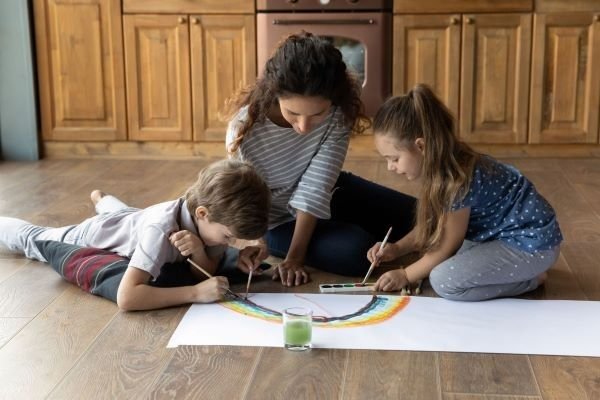Read this article to find the latest information about Giving Up Custody Of A Child To Other Parent, all carefully summarized by us.

Giving Up Custody of a Child to the Other Parent: A Heartbreaking Yet Necessary Choice
Giving up custody of a child is one of the most difficult decisions a parent can ever make. It is a wrenching choice that can tear at your heartstrings and leave you with a profound sense of loss. But sometimes, it is the only way to ensure the well-being of your child.
In this article, we will explore the complexities of giving up custody, from the reasons why parents make this choice to the legal and emotional challenges involved. We will also provide tips and expert advice to help you cope with this difficult decision.
Understanding the Reasons for Giving Up Custody
There are many reasons why a parent may decide to give up custody of their child. Some of the most common reasons include:
- Financial hardship: The parent may not be able to provide a stable home or financial support for the child.
- Substance abuse or mental illness: The parent may be struggling with addiction or mental health issues that make them unable to care for the child.
- Abuse or neglect: The child may be at risk of harm or neglect from the parent.
- Domestic violence: The parent may be the victim of domestic violence and need to protect the child from further harm.
- Parental abandonment: The other parent may have left the child with you and you are unable to locate them.
The Legal Process of Giving Up Custody
Giving up custody of a child is a legal process that can vary depending on your specific circumstances. In most cases, you will need to file a petition with the court. The court will then hold a hearing to determine whether it is in the best interests of the child for you to give up custody.
If the court approves your petition, you will need to sign a legal document surrendering your parental rights. This document will be filed with the court and will become a permanent record.
The Emotional Challenges of Giving Up Custody
Giving up custody of a child is an emotionally wrenching experience. You may feel a sense of loss, guilt, and shame. You may also worry about the well-being of your child and wonder if you are making the right decision.
It is important to remember that you are not alone. Many parents have gone through this same experience. There are resources available to help you cope with the emotional challenges of giving up custody.
Tips and Expert Advice for Coping with Giving Up Custody
Here are some tips and expert advice to help you cope with the decision to give up custody of your child:
- Seek professional help: A therapist can help you process the emotions you are experiencing and develop coping mechanisms.
- Join a support group: There are support groups available for parents who have given up custody of their children. These groups can provide you with a safe space to share your experiences and get support from others who understand what you are going through.
- Focus on the well-being of your child: Remember that the most important thing is the well-being of your child. If you are unable to provide a safe and stable environment for your child, then giving up custody may be the best decision you can make.
- Don’t be afraid to reach out for help: There are many people who can help you through this difficult time. Don’t be afraid to reach out to friends, family, or a therapist for support.
FAQ on Giving Up Custody
Q: What is the difference between legal custody and physical custody?
A: Legal custody refers to the legal authority to make decisions about a child’s upbringing, such as where the child will live, what school they will attend, and what medical care they will receive. Physical custody refers to the actual care and supervision of the child.
Q: Can I get my child back after I give up custody?
A: In some cases, it may be possible to get your child back after you give up custody. However, this is a complex process and the court will only grant your request if it is in the best interests of the child.
Q: What are my rights as a non-custodial parent?
A: As a non-custodial parent, you typically have the right to visitation with your child. You may also have the right to make decisions about your child’s upbringing, such as where they will live and what school they will attend.
Conclusion
Giving up custody of a child is a difficult decision that can have a profound impact on the lives of both the parent and the child. It is important to carefully consider all of the factors involved and to seek professional help if needed.
If you are considering giving up custody of your child, please know that you are not alone. There are resources available to help you cope with this difficult decision and to ensure the well-being of your child.
Are you interested in learning more about giving up custody of a child?

Image: www.nolo.com
We express our gratitude for your visit to our site and for reading Giving Up Custody Of A Child To Other Parent. We hope this article is beneficial for you.